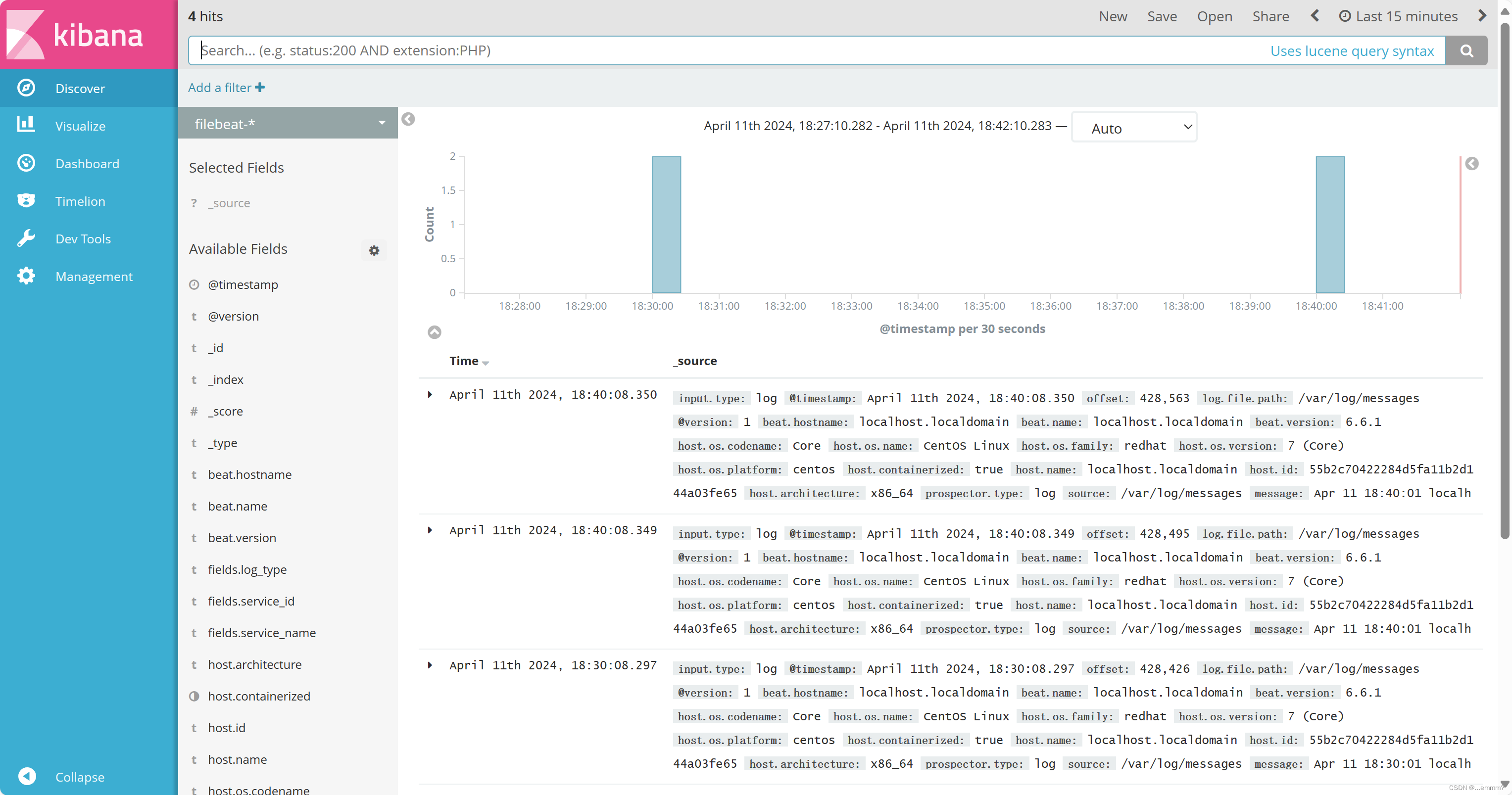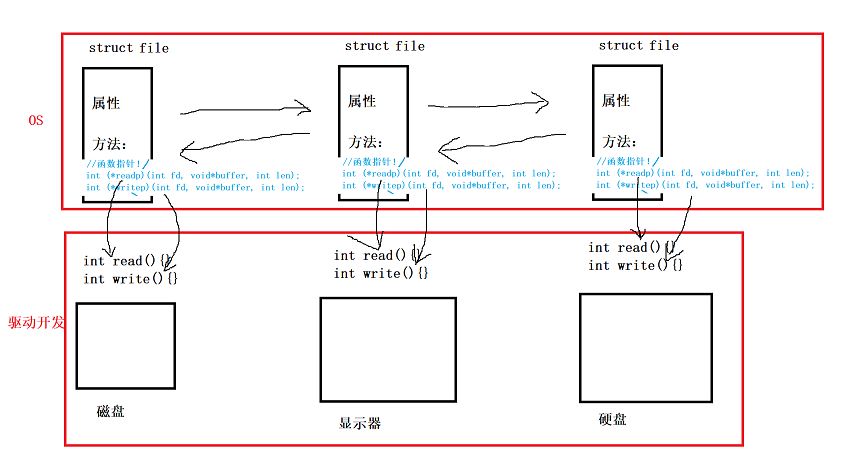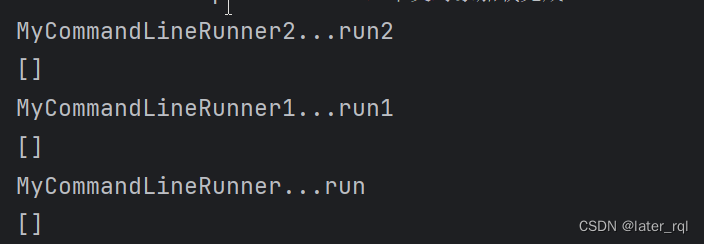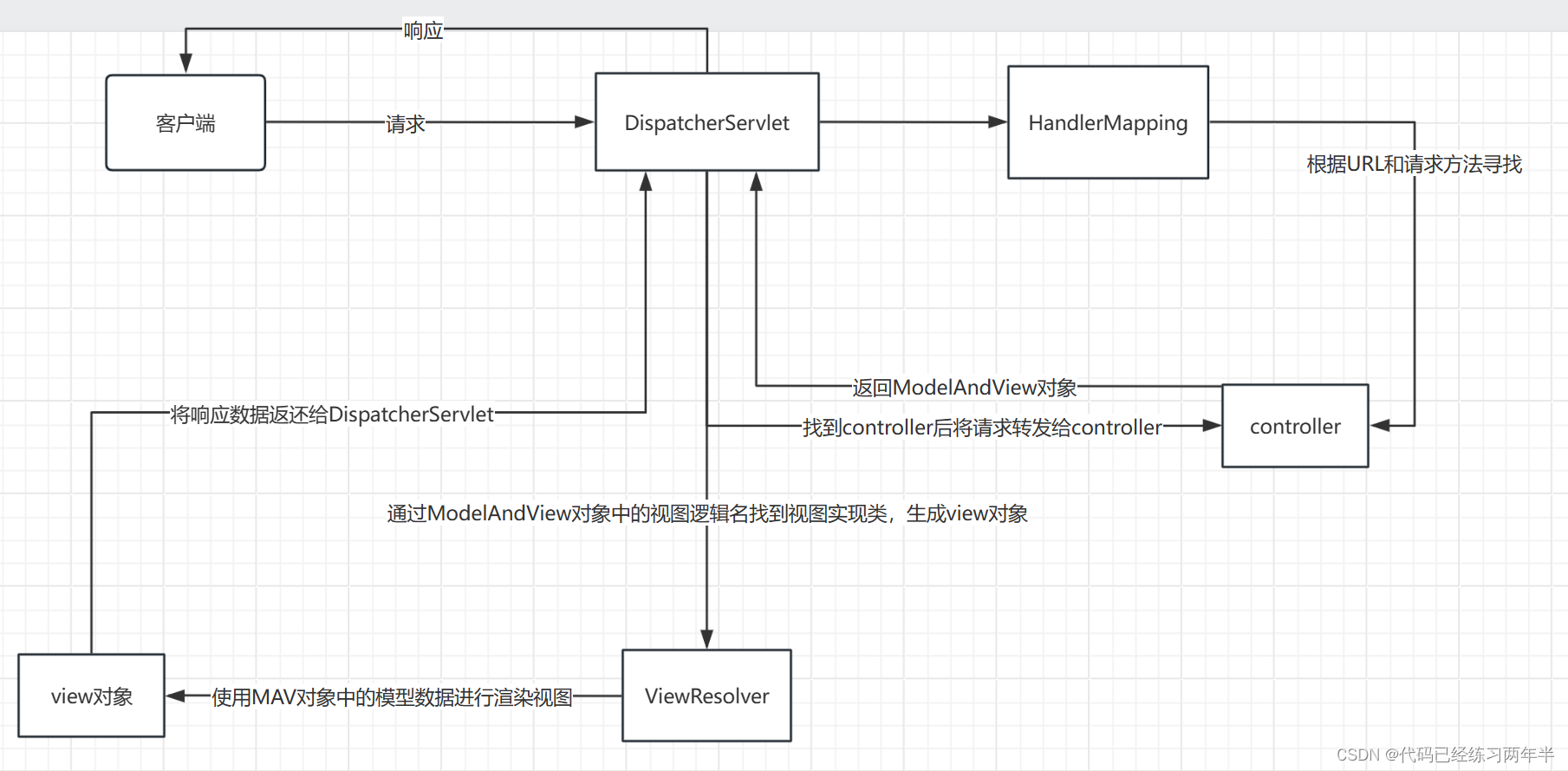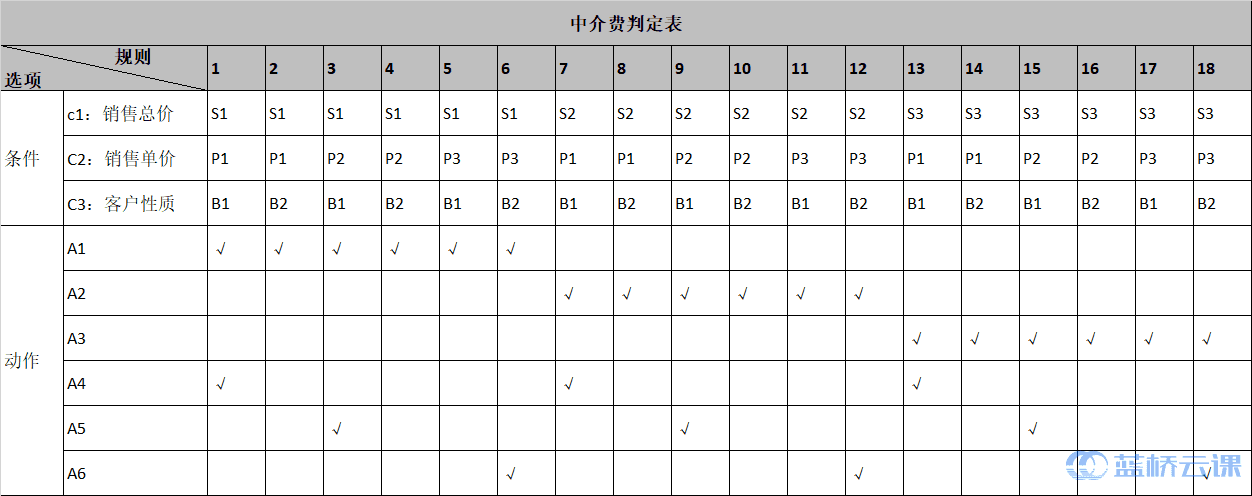先介绍个东西 ctags
这个工具可以像keil一样在工程里查找跳转,帮我们找到我们想要的东西。
安装教程可以找到,这里只讲怎么用。
在工程目录(包含所有你会用到的头文件等)下,先加载这个命令,可能要等待一会

然后在我们写代码过程中,比如下面
以按键中断为例

按键K1中断源为EINT8
与裸机不同,操作系统下,很多东西别人已经写好了

我们在用到中断时

直接CTRL + ] 就会帮你搜索跳转到所要查找的文件里。CRTL + O回跳。我们也可以通过这个方式找到头文件。
回到中断
在操作系统中,我们不需要用很多的寄存器去配置中断。我们只需要按步骤配置就行了
1.注册中断 request_irq

参数:
irq:中断号,就是我们上面第一张图所显示的,这里是K1的EINT8
handler:中断回调函数,懂的都懂
flags:中断行为、触发方式

下降沿触发

关闭其他中断(后面要用其他中断需要开启)
后面两个参数就是中断的名字和我们给回调函数传的参数,不在赘述。
回调函数

read函数

当我们调用read函数时,会进入wake_event阻塞。然后按键产生的中断会唤醒。
这里用的wake_even_interruptible而不用wake_event,如果是wake_event,在进入底层后,程序调度无法影响到它

用wake_even_interruptible这个卡死就可以被中断,也可以用wake_even_timeout,设置超时时间,当时间到了还在之前的地方就会被强制打断,上图红字所示 。
所以整个程序,中断前卡死在read那里,按一下按键就执行一次回调函数。
代码:
#include <linux/init.h>
#include <linux/kernel.h>
#include <linux/types.h>
#include <linux/fs.h>
#include <linux/cdev.h>
#include <linux/module.h>
#include <linux/kdev_t.h>
#include <asm/string.h>
#include <asm/io.h>
#include <linux/interrupt.h>
#include <linux/irqreturn.h>
#include <mach/irqs.h>
#include <linux/wait.h>
#include <linux/sched.h>
#define MAJOR_NUM 247
#define MINOR_NUM 0
#define DEV_NAME "eint8_key"
static wait_queue_head_t wq;
static int condition = 0;
irqreturn_t eint8_handler(int irq, void *arg)
{
condition = 1;
wake_up_interruptible(&wq);
printk("irq = %d arg = %d\n", irq, *(int *)arg);
return IRQ_HANDLED;
}
static int open(struct inode *node, struct file *file)
{
printk("kernrl open \n");
return 0;
}
static int read(struct file *file, char __user *buf, size_t len, loff_t *loff)
{
condition = 0;
wait_event_interruptible(wq, condition);
printk("kernrl read \n");
return 0;
}
static int write(struct file *file, const char __user *buf, size_t len, loff_t *loff)
{
printk("kernrl write \n");
return 0;
}
static int close(struct inode *node, struct file *file)
{
printk("kernrl close \n");
return 0;
}
static dev_t dev_num;
static struct file_operations fops =
{
.owner = THIS_MODULE,
.open = open,
.read = read,
.write = write,
.release = close
};
static struct cdev dev;
static unsigned int args = 100;
static int __init exit_key_init(void)
{
int ret = 0;
dev_num = MKDEV(MAJOR_NUM, MINOR_NUM);
ret = cdev_add(&dev, dev_num, 1);
if(ret < 0)
goto err_add_failed;
cdev_init(&dev, &fops);
ret = register_chrdev_region(dev_num, 1, DEV_NAME);
if(ret < 0)
goto err2_register_failed;
ret = request_irq(IRQ_EINT8, eint8_handler, IRQF_TRIGGER_FALLING | IRQF_DISABLED, "exit_key", &args);
if(ret < 0)
goto err_request_irq_failed;
printk("eint8_key_init /\n");
return 0;
err_add_failed:
printk("cdev_add failed\n");
cdev_del(&dev);
return ret;
err2_register_failed:
printk("register_chrdev_region failed\n");
unregister_chrdev_region(dev_num, 1);
cdev_del(&dev);
return ret;
err_request_irq_failed:
printk("err_request_irq failed\n");
disable_irq(IRQ_EINT8);
free_irq(IRQ_EINT8, &args);
unregister_chrdev_region(dev_num, 1);
cdev_del(&dev);
return ret;
}
static void __exit key_exit(void)
{
disable_irq(IRQ_EINT8);
free_irq(IRQ_EINT8, &args);
unregister_chrdev_region(dev_num, 1);
cdev_del(&dev);
printk("led_exit ....\n");
}
module_init(exit_key_init);
module_exit(key_exit);



